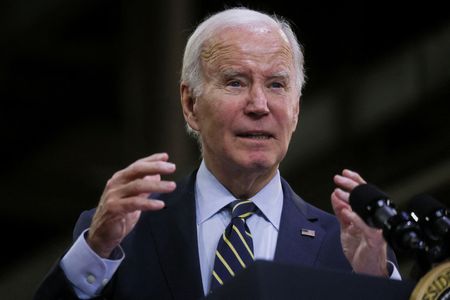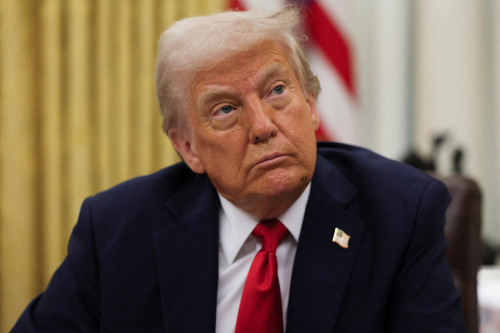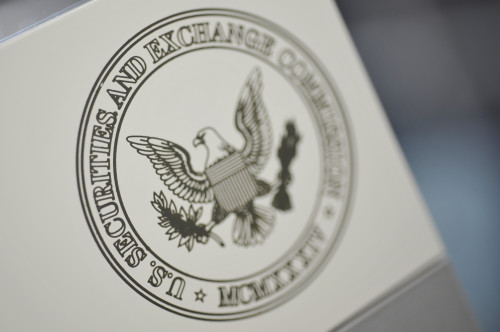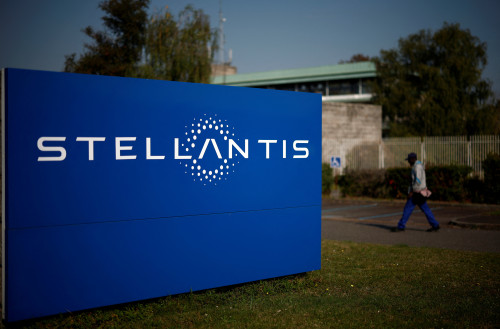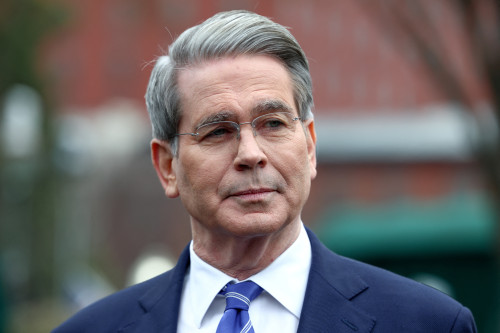By David Shepardson
WASHINGTON (Reuters) – The U.S. Senate voted 50-48 to overturn President Joe Biden’s decision to waive some “Buy America” requirements for government-funded electric vehicle charging stations but the White House said he would veto the measure.
The White House argued the Republican bill would eliminate entirely the domestic manufacturing requirement for government-funded electric vehicle (EV) chargers “thereby harming domestic manufacturing and American jobs.”
Senate Democrats Sherrod Brown, Joe Manchin, Jon Tester and independent Kyrsten Sinema joined Republicans in voting to reject the regulation.
The Federal Highway Administration (FHWA) in February agreed to waive some requirements until July 2024, saying it would enable “EV charger acquisition and installation to immediately proceed.”
Congress has set aside $7.5 billion to fund electric vehicle charging stations. The funding is crucial to the Biden administration’s plans to ramp up electric vehicle sales.
The White House said the bill to rescind the waiver would also overturn the FHWA decision to extend Buy America rules to EV chargers.
As a result, the 1983 Reagan administration decision to exempt manufactured products from Buy America requirements would again apply, meaning EV chargers would not be covered by any Buy America requirements, the White House said.
Republican Senator Marco Rubio challenged the White House argument, arguing the administration could separately rescind the 1983 decision at any time. Rubio said the waiver would allow government funds to “go into the hands of Chinese companies to build electric vehicle charging stations.”
Under the 2021 bipartisan infrastructure law, infrastructure projects like EV chargers must obtain at least 55% of construction materials, including iron and steel, from domestic sources and U.S. manufactured.
The rules do not start imposing the 55% requirement until July 2024 and EV chargers produced by then can receive funding if installation begins by October 2024.
EV chargers require iron and steel for some of their most crucial parts, including the internal structural frame, heating and cooling fans and the power transformer. Chargers with cabinets that house the product require even more steel, making up to 50% of the total cost of the chargers in some cases.
U.S. states and companies warned global demand for EV chargers is straining the supply chain, making it difficult, if not impossible, to meet made-in-America standards and expedite construction of new chargers.
(Reporting by David Shepardson; Editing by Marguerita Choy and Stephen Coates)

